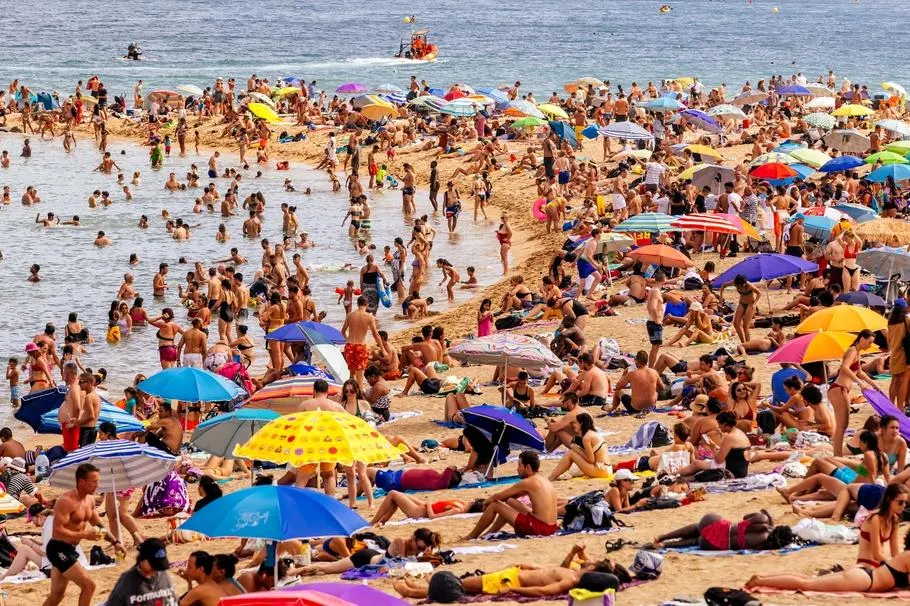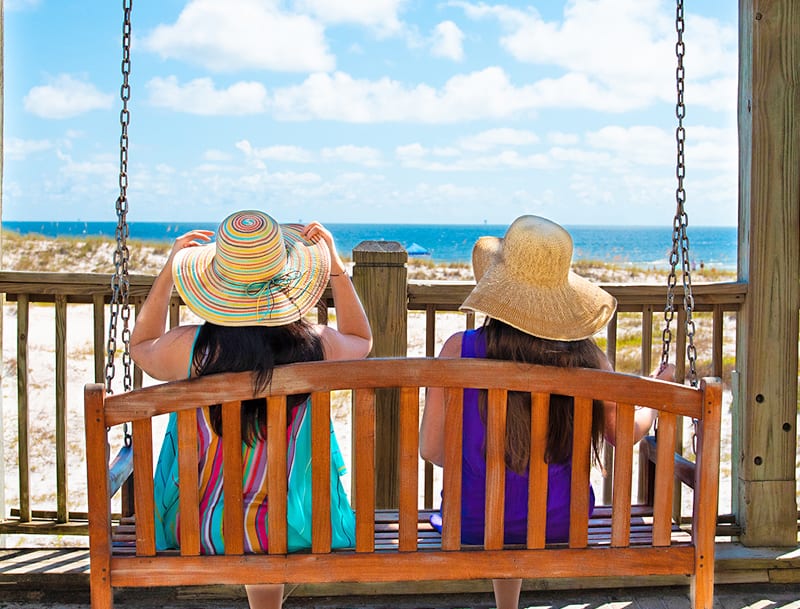
Over the past few years, Spain has experienced a significant surge in tourism, leading to increasing concerns among local residents. As overcrowding becomes a pressing issue, locals have begun assigning harsh nicknames to tourists, reflecting their frustration and dissatisfaction. This blog delves into the reasons behind this growing resentment, the impact of overtourism on Spanish communities, and potential solutions to alleviate the situation.
Understanding the Rise of Overtourism in Spain
Spain has long been admired for its rich culture, stunning architecture, and beautiful beaches. Consequently, millions of visitors are attracted to the country each year, seeking to experience its unique charm. However, in recent times, an unprecedented increase in tourist numbers has been observed, leading to what is now referred to as overtourism.
Factors Contributing to Overtourism
Several factors have contributed to Spain’s overtourism dilemma. Firstly, the rise of low-cost airlines has made travel more accessible and affordable to a broader audience. Additionally, the popularity of short-term rental platforms has increased accommodation options, encouraging more tourists to visit. Furthermore, social media platforms have played a role by showcasing Spain’s attractions, enticing even more visitors to explore the country.
Effects on Local Communities
As a result of overtourism, local communities have been profoundly affected. Public spaces are often overcrowded, and essential services are strained beyond capacity. Moreover, the cost of living has escalated, making it difficult for locals to afford housing and basic necessities. Cultural sites are also experiencing degradation due to the overwhelming number of visitors, leading to concerns about preserving Spain’s heritage.
The Emergence of Harsh Nicknames for Tourists
In response to the challenges posed by overtourism, Spanish locals have begun expressing their frustration through the use of derogatory nicknames for tourists. This phenomenon highlights the growing tension between residents and visitors, signaling a need for immediate attention and action.
Meaning Behind the Nicknames
The harsh nicknames assigned to tourists are not merely insults but are symbolic of deeper issues. They reflect the perceived disrespect and disregard some tourists exhibit towards local customs and environments. For instance, behaviors such as excessive noise, littering, and inappropriate conduct have exacerbated negative sentiments, prompting locals to voice their discontent more openly.
Impact on Tourist-Local Relationships
As these derogatory terms become more widespread, the relationship between tourists and locals is being strained further. Visitors may feel unwelcome and targeted, leading to uncomfortable experiences and potential declines in tourism satisfaction. Conversely, locals may feel empowered to express their grievances but risk fostering hostility and division within their communities.
Addressing the Challenges of Overtourism
To mitigate the adverse effects of overtourism and improve relations between locals and tourists, several strategies are being considered and implemented. These measures aim to promote sustainable tourism practices while preserving the integrity and wellbeing of local communities.
Implementing Sustainable Tourism Practices
Sustainable tourism practices are being prioritized to balance tourist influx with the needs of local environments and populations. Initiatives such as limiting visitor numbers to popular sites, promoting off-season travel, and encouraging visits to lesser-known destinations are being explored. Additionally, educational campaigns are being launched to inform tourists about respectful and responsible behavior during their stay.
Strengthening Regulations and Policies
Governmental bodies are also taking steps to address overtourism through stricter regulations and policies. For example, tighter controls on short-term rentals are being enforced to ensure housing availability and affordability for locals. Moreover, investments are being made in infrastructure improvements to better accommodate tourists without compromising the quality of life for residents.
Engaging Local Communities in Solutions
Engaging local communities in the development and implementation of solutions is crucial. By involving residents in decision-making processes, more effective and culturally sensitive strategies can be devised. Community-led initiatives, such as local guides and cultural exchange programs, are being encouraged to foster positive interactions between tourists and locals.
Balancing Tourism and Local Life in Spain
‘The surge in tourism across Spain has undeniably brought economic benefits but has also led to significant challenges for local communities. The emergence of harsh nicknames for tourists serves as a stark reminder of the growing frustrations and the urgent need for sustainable solutions. By implementing responsible tourism practices, enforcing effective regulations, and actively involving local communities, a harmonious balance between welcoming visitors and preserving the quality of life for residents can be achieved. Ultimately, fostering mutual respect and understanding between tourists and locals will ensure that Spain continues to be a beloved destination for generations to come.



